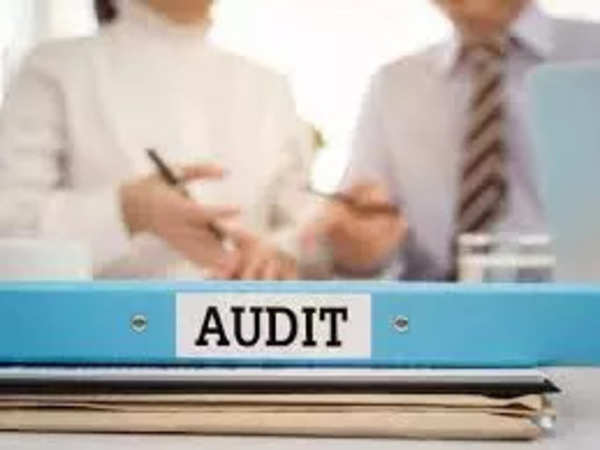NEW DELHI: The National Financial Reporting Authority has issued a draft of the revised Standards on Auditing 600 (SA 600), and sought public comments on it, as the agency aims to improve the quality of group audits in the country, which is “severely deficient” as of now.
The key theme of the revised guidelines is that the group auditor would be responsible for keeping a check on the quality of the auditing process, which is being carried out by other auditors for group entities. The SA 600, as it exists today, does not permit review of work papers of component auditors by the principal auditor, the NFRA mentioned.
In several cases of Public Interest Entities (PIEs), NFRA has observed severe deficiencies and lack of understanding on the part of the audit firms and auditors of their responsibilities in law, and improper application of the standards by the principal and other auditors. “This has resulted in gross negligence and serious lack of due diligence by the auditors which is detrimental to the interests of the stakeholders in PIEs,” the agency said.
The guidelines say that the group auditor shall request and the component auditor shall communicate its findings on matters relevant to the conclusions on the group audit. The group auditor shall assess whether component auditor has performed the procedures requested by the former; whether the component auditor (CA) has complied with the relevant ethical requirements, including those related to independence, that apply to the group audit engagement; check information about instances of non-compliance with laws or regulations; examine corrected and uncorrected misstatements of the component financial information identified by the CA, etc.
Responding to concerns that the revised SA 600 will result in concentration of audits with a few big firms, the NFRA said that the guidelines will not have any significant impact on the audit done by small and medium audit firms as the total entities under the audit watchdog’s domain for only about 1.8% of the total active companies in the country.
Experts say that the emphasis on two-way communication between the group auditor and component auditors strengthens the framework for auditing complex organisations. CA Amit Bansal, partner, Singhania & Co mentioned that in large groups, especially those with multiple components across geographies, it is vital that auditors remain alert to potential risks of material misstatements arising from local management biases or internal control deficiencies. “The guidance provided for mitigating biases among component auditors in varying cultural settings is a practical step forward,” he said.
Vishesh C Chandiok, partner, Grant Thornton Bharat said: “We do believe that this proposal will work towards bringing in global best practices in group audits with clarity in the role of principal auditor, enhanced transparency in component reporting and essentially enhancing trust in financial reporting”.
Source: The Financial Express




 India’s Exports Shrink 9.3% In August, Trade Deficit At 10-Month High
India’s Exports Shrink 9.3% In August, Trade Deficit At 10-Month High 